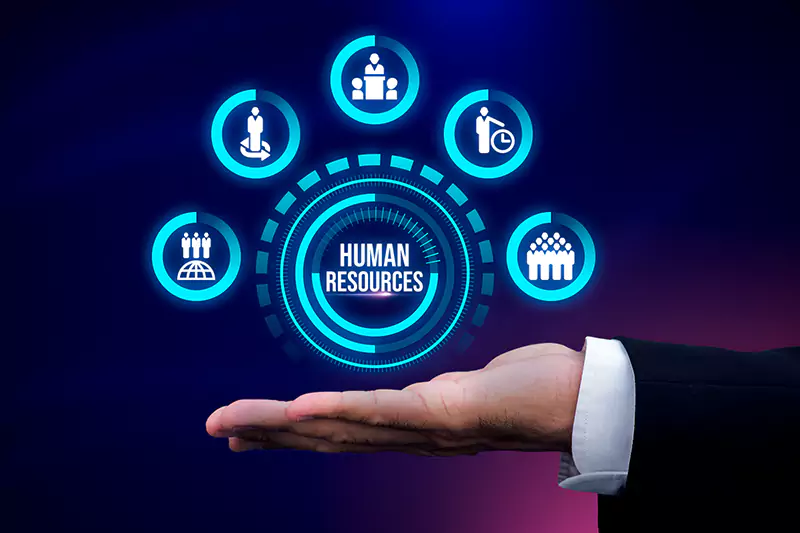
HR
The HR department is crucial for an organization’s success by managing its most valuable asset—its people. By handling recruitment, employee development, and compliance with laws and regulations, HR contributes to creating a productive and harmonious work environment.
- Recruitment and Staffing: HR professionals are involved in the recruitment process, from posting job vacancies to conducting interviews and hiring new employees.
- Employee Onboarding: They help new employees integrate into the organization by providing orientation and training.
- Employee Relations: HR manages the relationships between employees and the organization, addressing concerns, conflicts, and ensuring a positive work environment.
- Performance Management: HR oversees the performance appraisal process, setting expectations, providing feedback, and implementing performance improvement plans.
- Training and Development: They identify employee training needs and provide opportunities for skill development.
- Workplace Safety: They are responsible for creating and enforcing safety policies and ensuring a safe work environment.
- Employee Records and Documentation: HR maintains personnel records, including employment contracts, tax information, and other documentation.
The role of HR can vary depending on the size and structure of the organization, but its core function is to manage and support the workforce, contributing to the overall success of the company by ensuring that its employees are motivated, productive, and compliant with relevant laws and regulations.

